Ever wondered how the city or town near you got her name?
Who are these people that went around naming places, and who gave them the authority?
Reminds me of the stories we were sold in school about some "ordained and all-knowing explorers" who travelled all the way from Europe to help us discover and name places our ancestors had lived in for generations.
Let's delve into the captivating tales behind African city names and uncover the reasons behind the naming.
Timbuktu
Timbuktu, a Malian city, was a major hub along the trans-saharan trade route connecting West Africa with the Mediterranean region and the Middle East.
There are several stories of how the city got its name. However, the most prominent one is that it was founded by the Tuareg herdsmen. They dug a well at the place and asked an old woman named Buktu to watch over it as they roamed the Sahara desert.
In the Tuareg language, the word for place is "Tin" and, therefore, they named the area Timbuktu, meaning "place of Buktu".
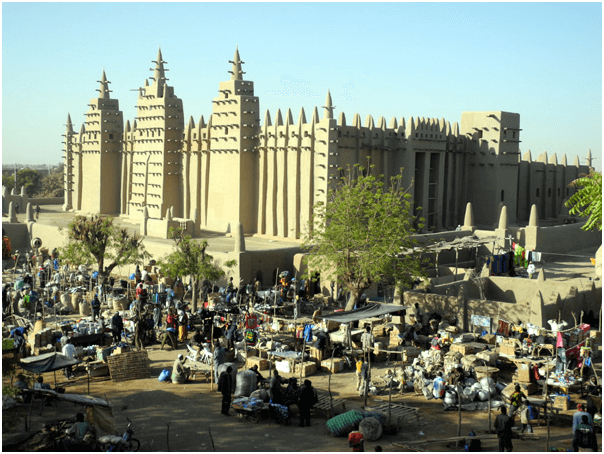
Harare
Harare, the capital city of Zimbabwe, got its name from Shona Chief Neharawe, whose name means "He who does not sleep".
The city, formally named Salisbury, was renamed on 18th April 1982, during the second anniversary of the country's independence.
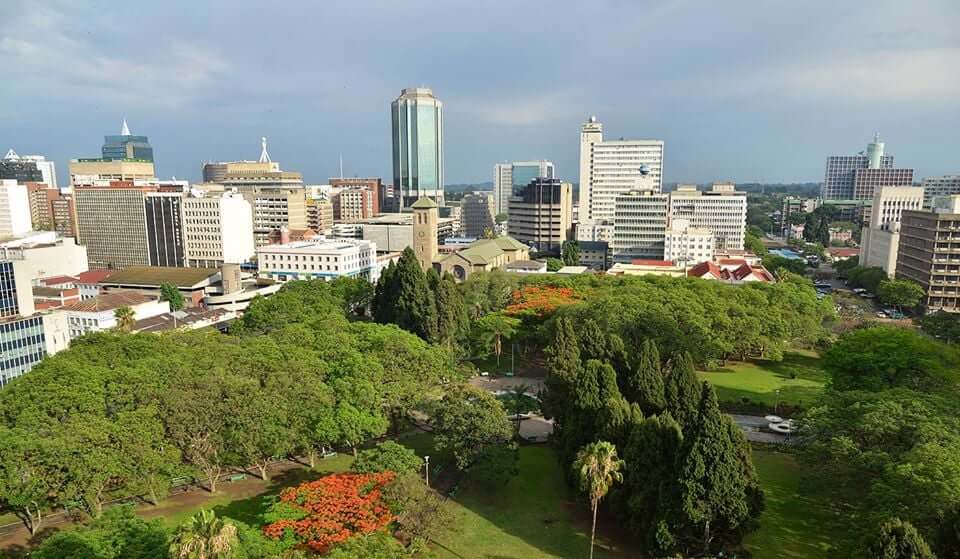
Cairo
The capital of Egypt derives its name from the Arabic word \"Al-Qahirah\", meaning victorious.
Fatimid Caliph, Al-Muizz, named the city after they invaded Egypt in 969 CE. They established a new city, Al-Qahirah, to celebrate their victory over the Egyptians.
Over centuries the pronunciation and spelling evolved to Cairo.
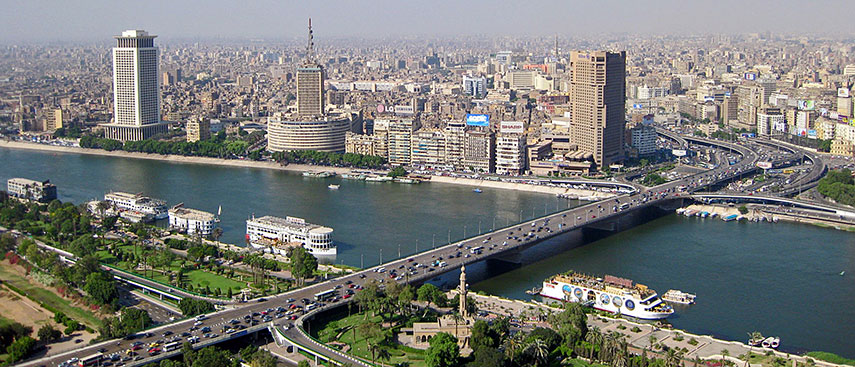
Dar-es-salaam
The city, originally called Mzizima (healthy in Swahili), derives its name from two Arabic words, Dar meaning \"house\", and es-salaam, meaning \"of peace\".
During the 19th century, the area was a fishing village occupied by the Zaramo people.
In 1865, Sultan Majid Bin Said of Zanzibar established a trading post at Mzizima because of its strategic location along the East African coast.
Five years later, the Sultan renamed the area, Dar-es-salaam, to symbolize the peaceful coexistence between the Arabs and African communities in the area.
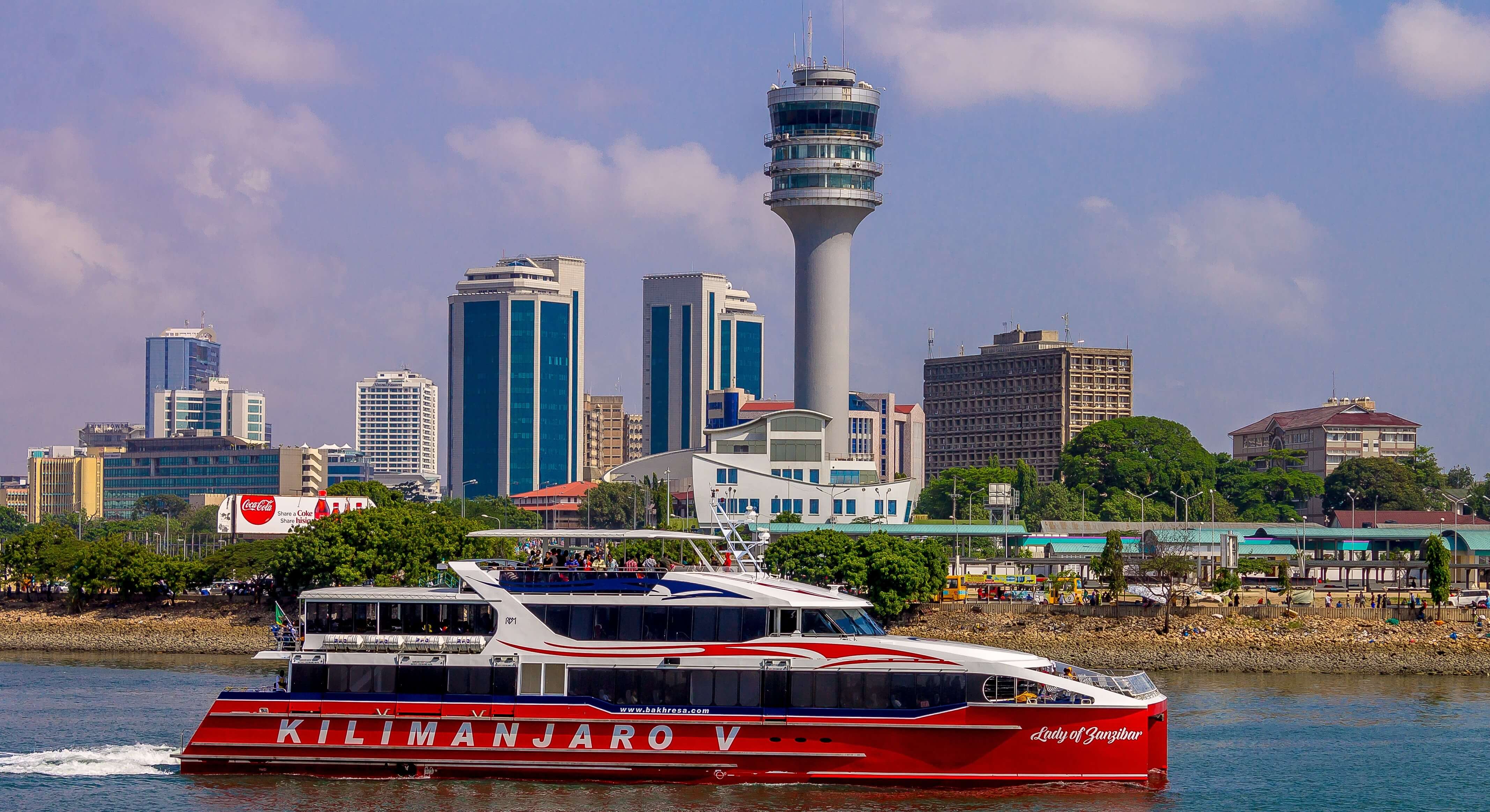
Rabat
The name is derived from the Arabic word \"er-Ribat\", meaning \"the ribat\", an Islamic base or fortification. It attests to the city's historical role as the stronghold and defensive structure.
The city was founded in the 12th century by the Almohads, a North African Berber Muslim empire.
The French made Rabat the administrative centre of the protectorate in 1912.
In 1955. when Morocco finally attained her independence, Rabat became the capital city.
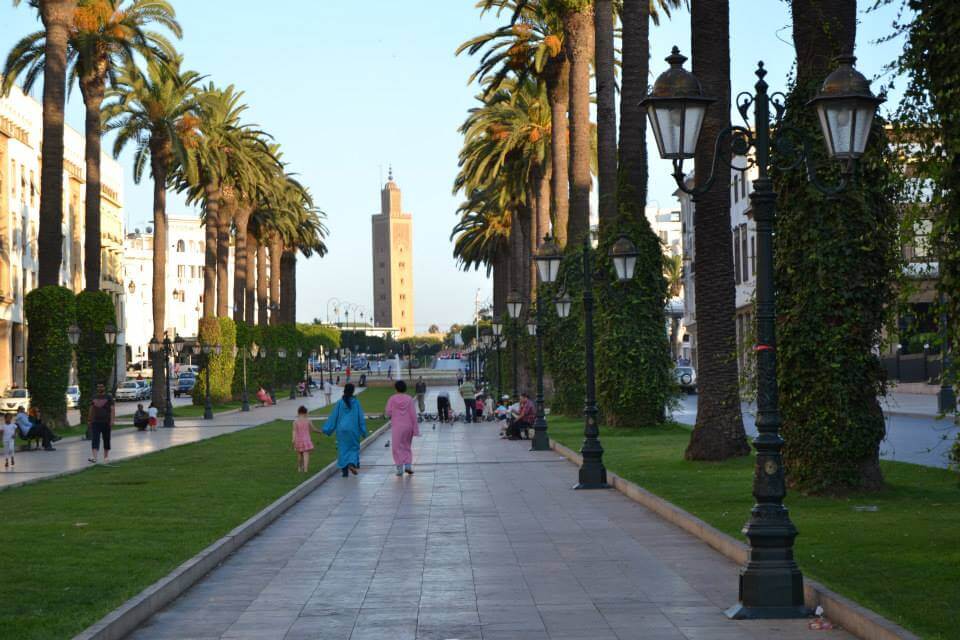
Dakar
The capital city of Senegal, deriving its name from the Wolof word \"dakhar\", meaning \"tamarind tree\", was founded as a small fishing village in the 15th century.
Tamarind trees are native to the area and were abundant in the region the city was established.
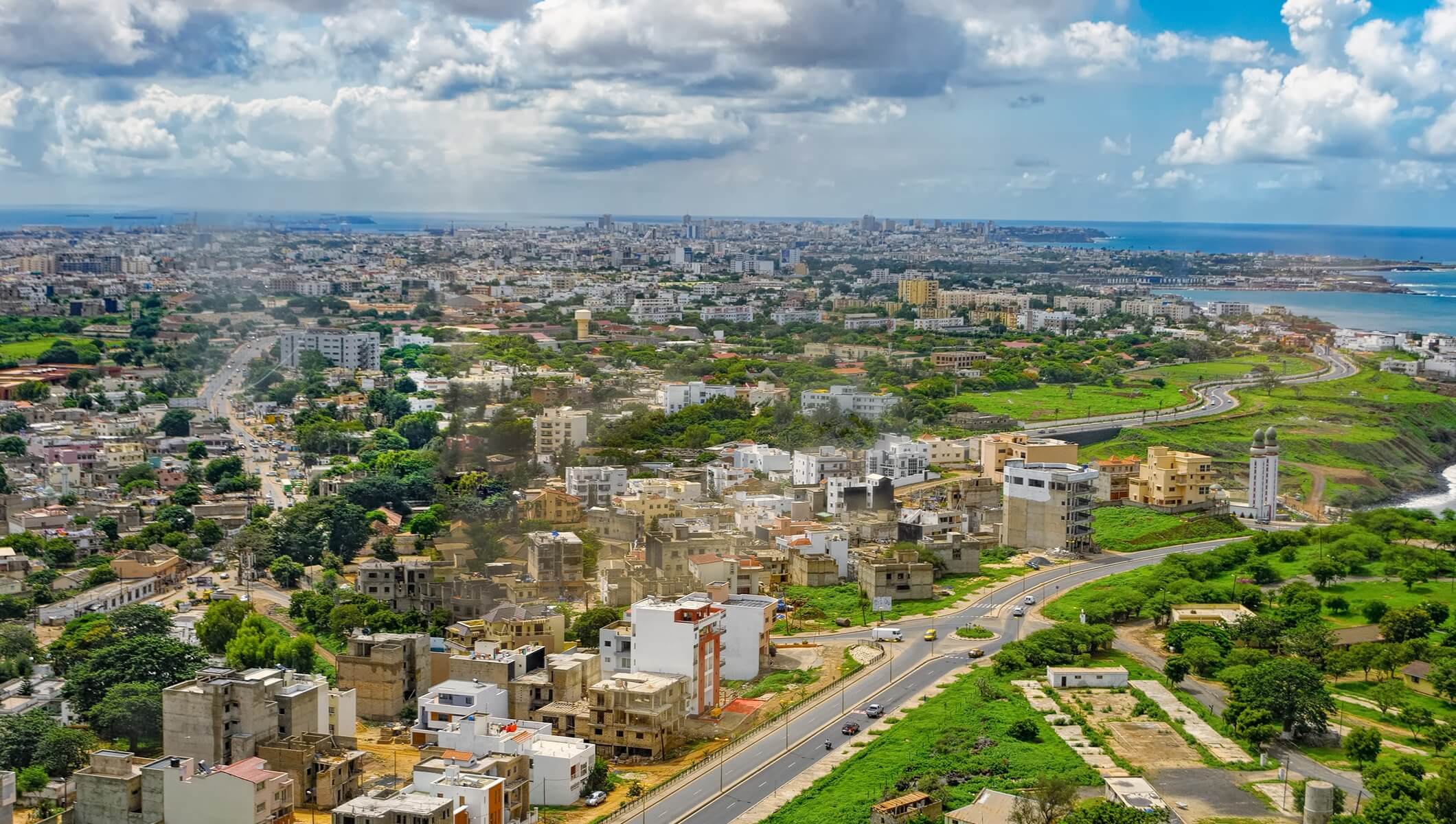
Conakry
The city was founded in 1884 on land belonging to the Sus (Soussou) people.
The name is believed to have originated from the Susu word "Kon-ni-kele", meaning "soul river", referring to the river Niger which flows through the city.
Some also believe the city gets its name from the "cona", a wine and cheese producer of the Baga people and the word "nakiri", which means "the other side of the bank".
In 1958, when Guinea gained independence from the French, Conakry became the capital city.
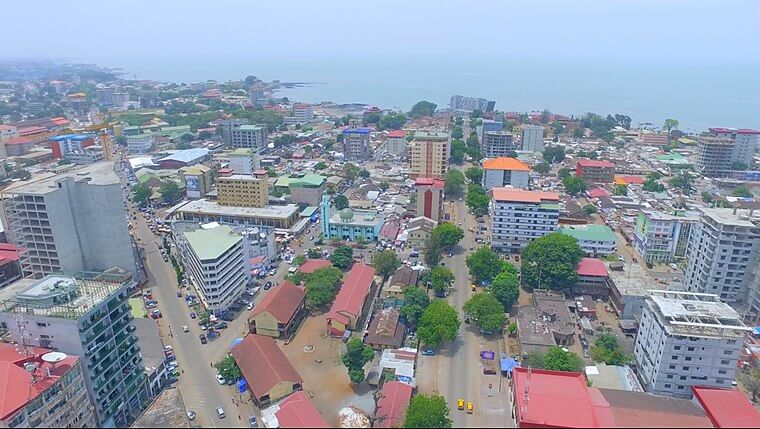
Nairobi
Nairobi got its name from the Maasai phrase "Enkare Nyrobi", meaning "cool water". It was in reference to the Nairobi River, which flows through the city.
The area where the city stands was once a swampy land with abundant wildlife. It explains why Nairobi is the only city with a national park.
During the construction of the Kenya-Uganda railway, a camp was established in Nairobi due to its reliable water supply and cool environment.
I wonder where the cool waters went to. I guess they turned warm
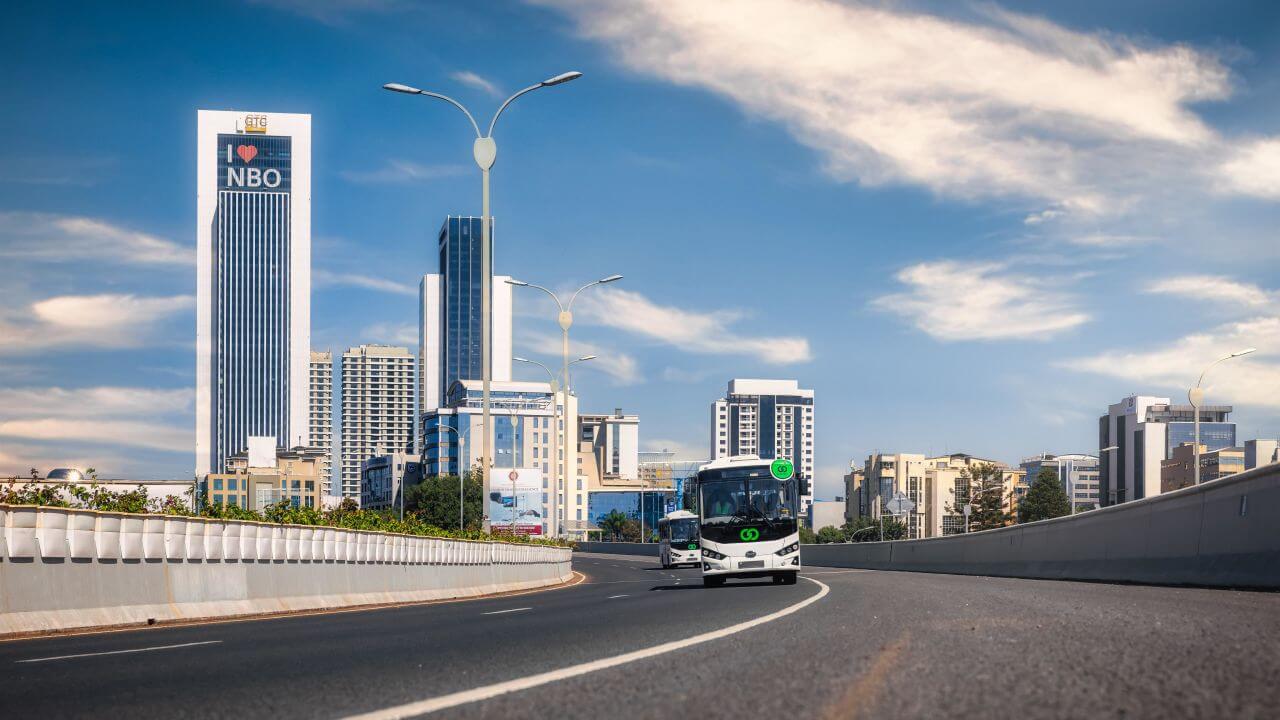
OUAGADOUGOU
In primary school, knowing all the capital cities in Africa was the flex. But I always found it hard to pronounce and spell this city of upright men, OUA-GA-DOU-GOU pronounced (WAGADUGU).
The city, founded in the 11th century by the Nyonyonse people, was originally known as Kombemtinga, meaning "the land of princess".
The name Ouagadougou is derived from the Mossi language, and it means \"the place of honour\".
It has been historically significant as the seat of power, hence the name.
The French made Ouagadougou the capital city of Upper Volta (now Burkina Faso), in 1919.
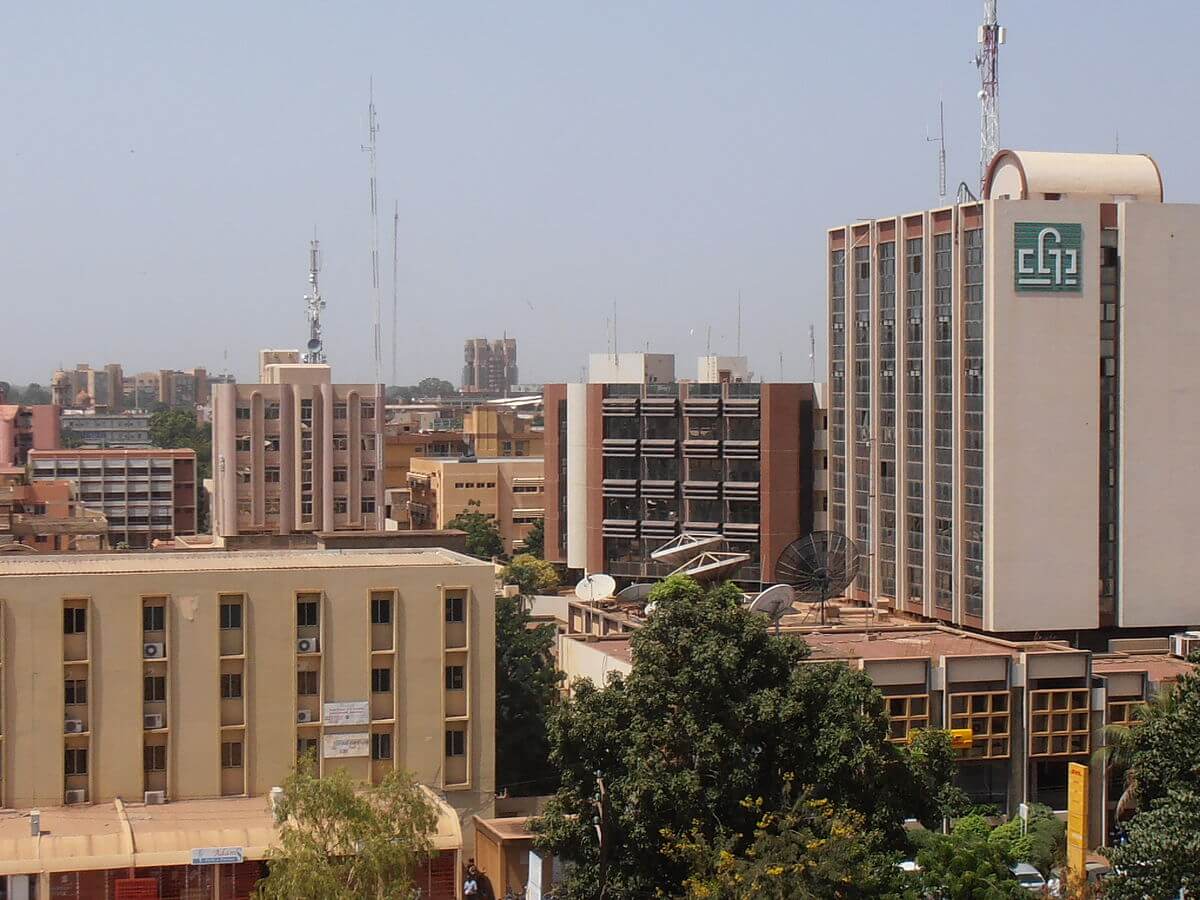
Addis Ababa
Addis Ababa was founded in 1886 by Empress Tatyu Betil, wife of Emperor Melik II, who was in a military campaign in the area.
She noticed beautiful flowers blooming in the area. Captivated by the sight, she exclaimed! "Addis Ababa" meaning "new flower" in Amharic.
She later convinced her husband to move the royal family and build a palace there.
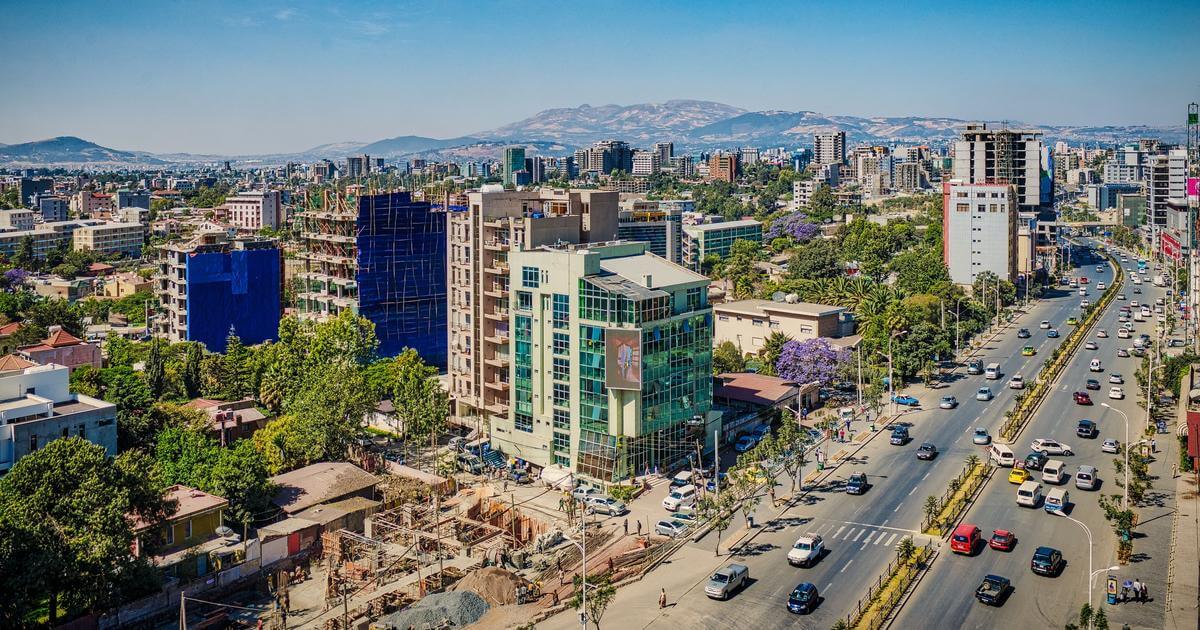
Lusaka
Just like Harare, Lusaka was also named after a famous chief, Chief Lusaaka, the leader of the Lenje village.
It was founded in 1905 as a water point for the railway workers, who were building the northbound railway line from South Africa to Northern Rhodesia (now Zambia).
It became the capital city of Northern Rhodesia in 1935 and eventually became the capital city in 1960 when the country became independent.
Do you know the history behind the place you reside in? Let me know by responding to this email.
By the way, next time you are in a new town, try to find out from the locals what the town name means. You'll be amazed at how intriguing the stories can be. Plus, it is a good conversation starter.
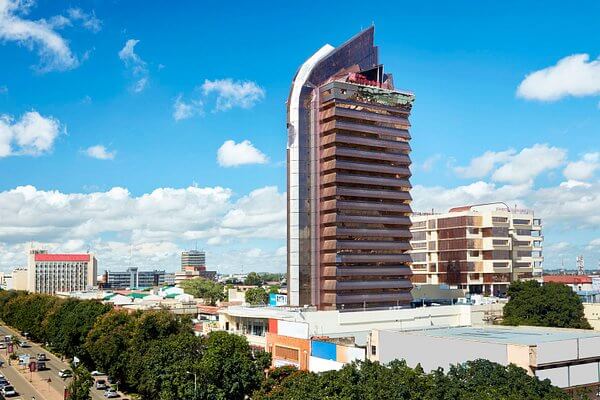
Join the Lughayangu Community!

